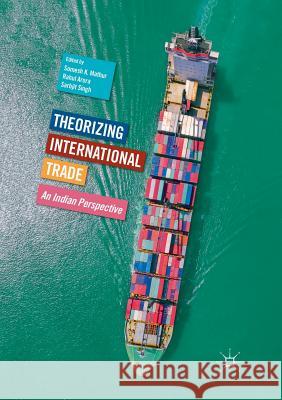Theorizing International Trade: An Indian Perspective » książka
topmenu
Theorizing International Trade: An Indian Perspective
ISBN-13: 9789811094415 / Angielski / Miękka / 2019 / 419 str.
Kategorie:
Kategorie BISAC:
Wydawca:
Palgrave MacMillan
Język:
Angielski
ISBN-13:
9789811094415
Rok wydania:
2019
Wydanie:
Softcover Repri
Ilość stron:
419
Waga:
0.52 kg
Wymiary:
21.01 x 14.81 x 2.29
Oprawa:
Miękka
Wolumenów:
01
Dodatkowe informacje:
Wydanie ilustrowane











